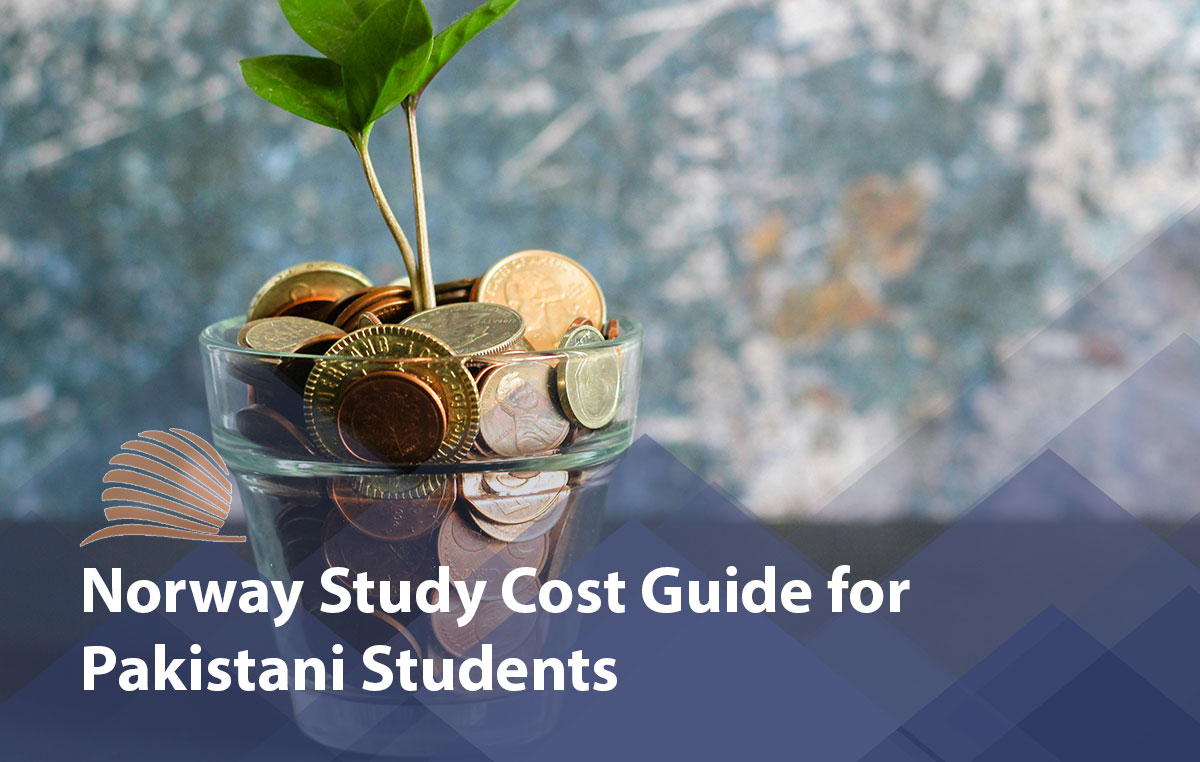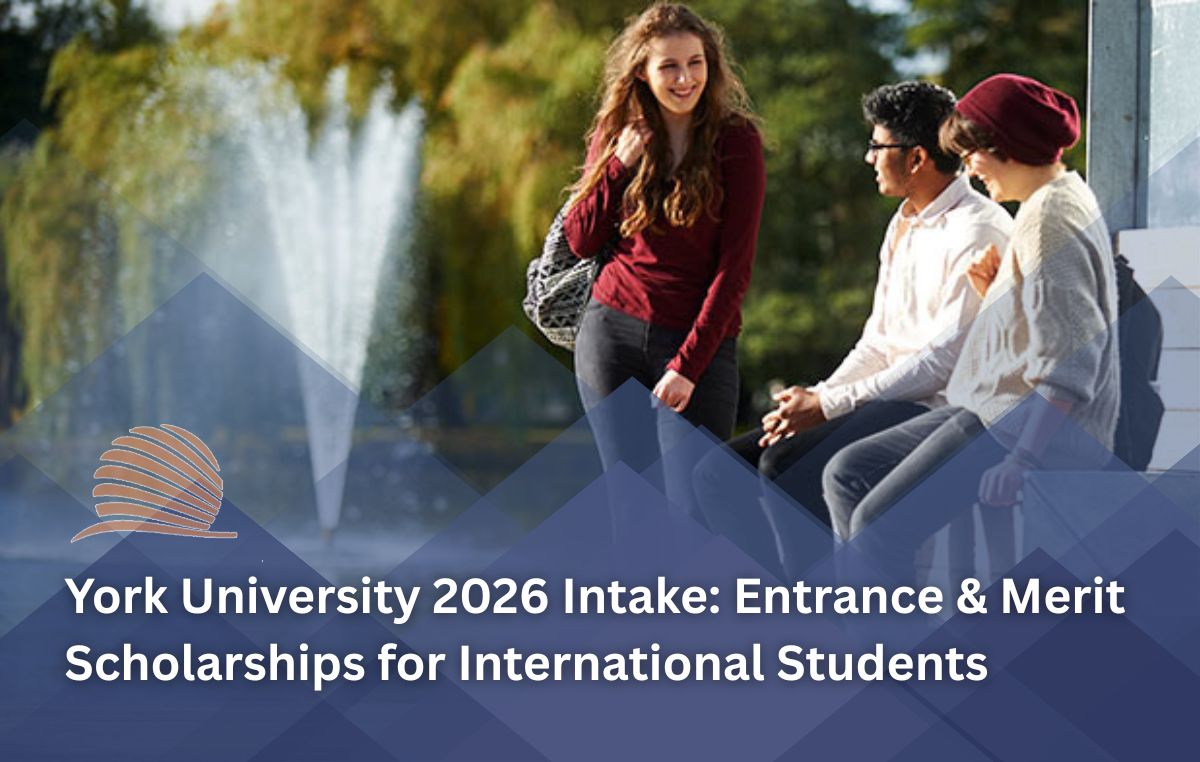Why Pakistani Students Choose Norway As Study Destination

Study abroad expert advice
Don't waste time! just fill the form to get help.
Costs of Studying in Norway for Pakistani Students
Norway is a popular destination for international students, including those from Pakistan, due to its high-quality education and student-friendly policies. While public universities often offer tuition-free education, students need to plan for living costs, administrative fees, and other expenses. Understanding these costs helps Pakistani students budget effectively for their study abroad journey.
Tuition Fees
- Public Universities: Most public institutions in Norway do not charge tuition fees for international students, including Pakistanis. However, students are required to pay a semester registration fee of approximately NOK 600–800 (~€60–80).
- Private Universities: Tuition at private institutions varies between NOK 80,000–160,000 per year (~€8,000–16,000) depending on the program and level of study.
- Scholarships: Many universities and Norwegian government schemes offer partial or full scholarships, which help reduce financial burden.
Living Expenses
While tuition may be free, living expenses in Norway are relatively high compared to other European countries. Monthly expenses include:
Expense Category | Estimated Monthly Cost (NOK) |
Accommodation | 3,000 – 7,000 |
Food & Groceries | 2,000 – 3,000 |
Transportation | 500 – 1,000 |
Health Insurance | 200 – 400 |
Leisure & Entertainment | 500 – 1,500 |
Miscellaneous | 500 – 1,000 |
On average, students spend NOK 10,000–13,000 (€900–1,200) per month, depending on the city and lifestyle.
Cities like Oslo are more expensive, while smaller cities like Trondheim, Bergen, and Tromsø may be more affordable.
Accommodation Costs
- University Dormitories: Affordable and safe; monthly rent ranges from NOK 3,000–5,000 (€270–450).
- Private Apartments: Higher privacy but more expensive, costing NOK 6,000–12,000 (€540–1,100) per month.
- Shared Apartments (Colocation): Renting a room in a shared apartment costs NOK 3,500–7,000 (€315–630).
Tip: Apply early for university dorms as they fill quickly, especially in larger cities.
Transportation Costs
- Students can benefit from discounted monthly public transport passes, which range from NOK 500–1,000 (€45–90) depending on the city.
- Bicycles are widely used for commuting and are a cost-effective and eco-friendly option.
- Intercity trains and buses are available for exploring Norway during weekends and holidays.
Health Insurance and Healthcare Costs
- Students with a valid residence permit are eligible for public healthcare.
- Additional private insurance may cost NOK 200–400 (€18–36) per month.
- Routine medical services are affordable, and emergency healthcare is easily accessible.
Miscellaneous and Leisure Expenses
- Books and Study Materials: Approximately NOK 500–1,000 (€45–90) per semester.
- Clothing and Personal Care: Around NOK 500–1,500 (€45–135) monthly depending on lifestyle.
- Entertainment: Cafes, cinemas, and cultural events may cost NOK 500–1,500 (€45–135) per month.
Tip: Cooking at home and using student discounts can significantly reduce living costs.
Part-Time Work Opportunities
- International students can work up to 20 hours per week during semesters and full-time during holidays.
- Part-time work helps offset living expenses and gain work experience in Norway.
- Average student earnings range from NOK 150–200 per hour (€14–18) depending on the job type.
Conclusion
While Norway’s living costs are higher than some countries, its tuition-free education, student-friendly environment, and part-time work opportunities make it an attractive option for Pakistani students. With proper financial planning, budgeting, and utilization of scholarships and discounts, students can manage their expenses effectively and enjoy a comfortable study abroad experience in Norway.









.jpg)
.jpg)

.jpg)
.jpg)